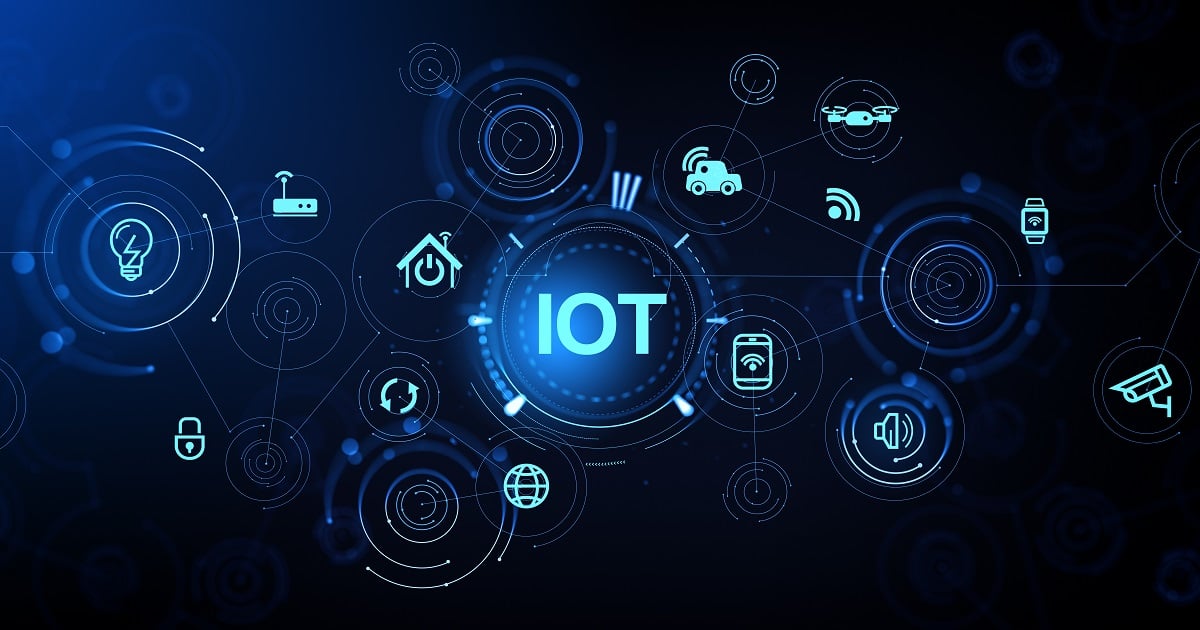Related Articles
Powering Adaptability in IoT: Telit Cinterion Reveals its First High-Precision GNSS Module
Telit Cinterion announced the launch of its SE868K5-RTK module, a high-precision Global Navigation Satellite System (GNSS) receiver capable of centime…
Read MoreICYMI: Your 'IoT TGIF' News Review
We've compiled several Internet of Things (IoT) stories that will benefit readers interested in global IoT market growth, Industrial Internet of Thing…
Read MoreTracking the Growth of IoT: Global Industry Revenue, Uses Cases, and Security for What's Next
Citing data from the likes of Stocklytics, Statista and Earthweb, further study of the rapidly evolving Internet of Things is always recommended.
Read MoreICYMI: Your Weekly IoT News Review
We've compiled a handful of important Internet of Things (IoT) news stories that will benefit readers interested in consumer-facing developments, indu…
Read MoreSaving More Lives: NOVELDA Expands Safety Applications of its UWB In-Cabin Sensors with Multi-Target Occupancy Detection
Earlier this morning, NOVELDA (a Car Connectivity Consortium member and an innovator in ultra-wideband, or UWB, solutions) announced new multi-target …
Read More




